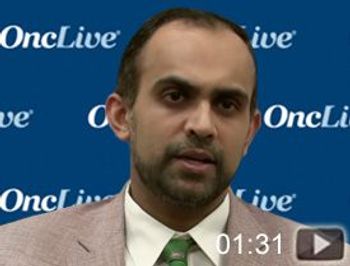
Ankit Kansagra, MD, discusses updates with CAR T-cell therapy in multiple myeloma.
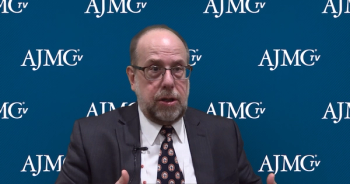
Age and severe comorbidities were among the differences found when real-world data on Medicare patients receiving CAR T-cell therapy was compared to clinical trial outcomes, said Karl Kilgore, PhD, senior research analyst at Avalere Health.
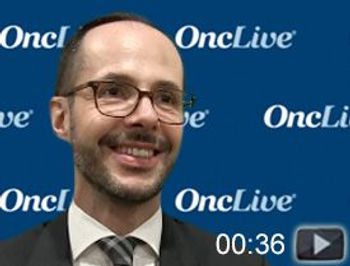
Diego Villa, MD, MPH, clinical associate professor, Division of Medical Oncology, Department of Medicine, The University of British Columbia, discusses the use of bendamustine and rituximab (Rituxan) as induction therapy in mantle cell lymphoma (MCL).
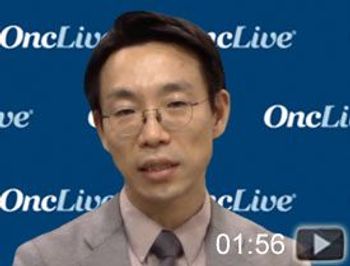
Jae Park, MD, a hematologist oncologist at Memorial Sloan Kettering Cancer Center, discusses the use of CAR T-cell therapies in patients with acute lymphocytic leukemia.
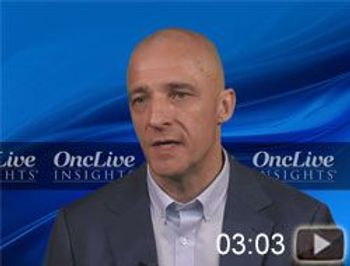
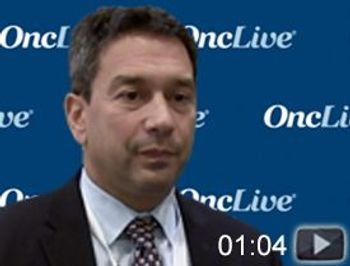
Dimitrios Tzachanis, MD, PhD, discusses research regarding post–CAR T-cell therapy progression in lymphoma.

Several challenges arise when using real-world data derived from claims to study the impacts of CAR T-cell therapy on Medicare patients, said Karl Kilgore, PhD, senior research analyst at Avalere Health.
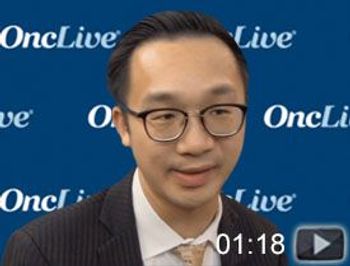
Terence T. Sio, MD, MS, discusses the standard-of-care dose of radiation therapy in locally advanced, non–small cell lung cancer.
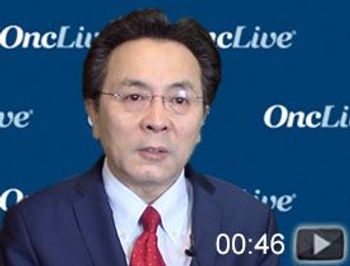
Michael Wang, MD, discusses the safety profile of the CAR T-cell therapy KTE-X19 in patients with relapsed/refractory mantle cell lymphoma, according to results from the phase II ZUMA-2 trial.
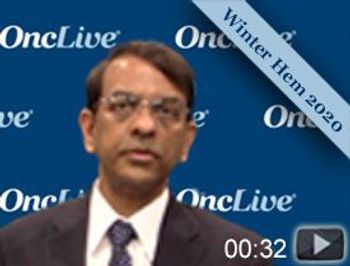
Prasad S. Adusumilli, MD, FACS, discusses the current role of chimeric antigen receptor T-cell therapy as treatment of patients with solid tumors and how this is evolving compared to CAR T cells in hematologic malignancies.
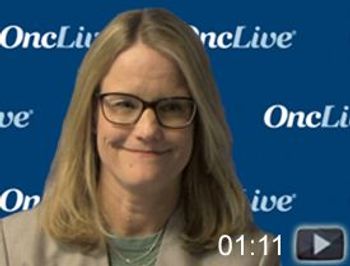
Karen L. Reckamp, MD, MS, discusses targeted therapy options for rare mutations in non–small cell lung cancer.
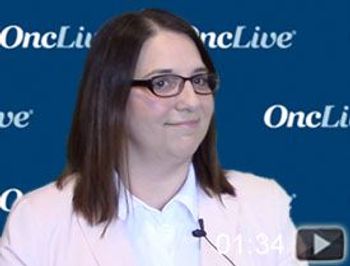
Andrea Price, APN, discusses adding CAR T-cell therapy to the electronic medical record.

Medicare patients' health care utilization, including hospitalizations and emergency department visits, decreased after CAR T-cell therapy, said Karl Kilgore, PhD, senior research analyst at Avalere Health.
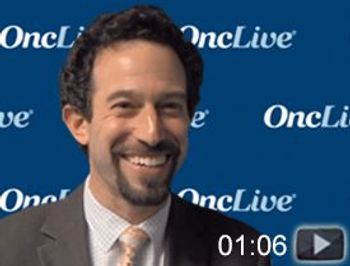
Jonathan W. Goldman, MD, discusses targeted therapy options for patients with EGFR-, ALK-, and ROS1-mutated non–small cell lung cancer.
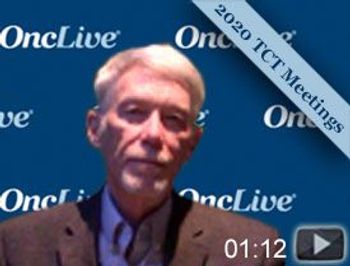
David G. Maloney, MD, PhD, discusses the value of chimeric antigen receptor T-cell therapy in patients with relapsed/refractory aggressive lymphomas.
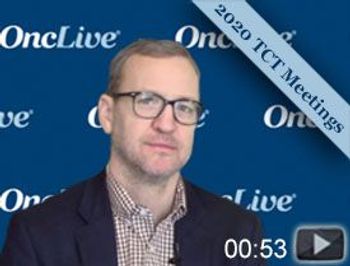
Craig Sauter, MD, discusses the anecdotal observational data in real-world patients with hematologic malignancies who received chimeric antigen receptor T-cell therapy.
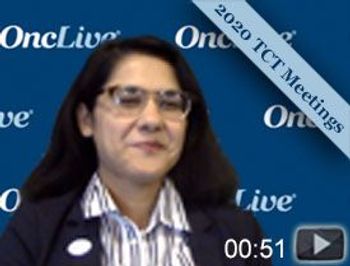
Tania Jain, MBBS, discusses hematopoietic recovering following treatment with a chimeric antigen receptor T-cell therapy in patients with hematologic malignancies.
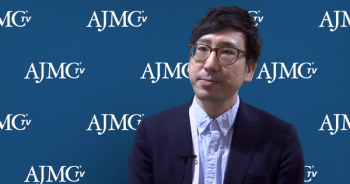
Predicting T-cell toxicity is a key factor when it comes to successfully using CAR T-cell therapy, said Reona Sakemura, MD, PhD, postdoctoral researcher at the Mayo Clinic.
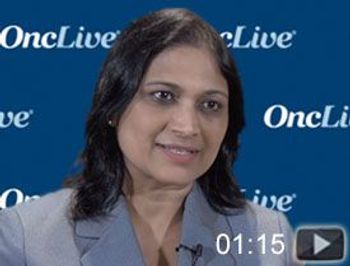
Ulka Vaishampayan, MD, discusses the considerations when giving patients with metastatic renal cell carcinoma systemic therapy followed by cytoreductive nephrectomy.
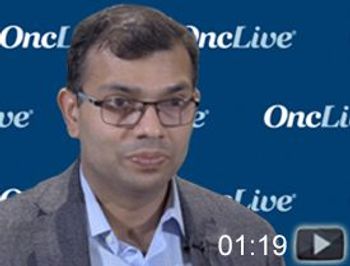
Ajjai Shivaram Alva, MBBS, discusses the shift toward combination therapy versus monotherapy in metastatic renal cell carcinoma.
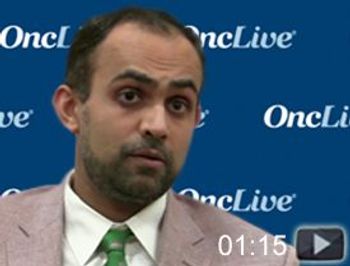
Ankit Kansagra, MD, discusses remaining questions with CAR T-cell therapy in multiple myeloma.

Bone marrow derived cancer-associated fibroblasts promote tumor progression which can alter a treatment's course, said Reona Sakemura, MD, PhD, postdoctoral researcher at the Mayo Clinic.
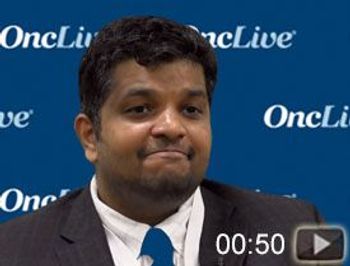
Praveen Ramakrishnan, MD, discusses CAR T-cell therapy in patients with mantle cell lymphoma (MCL).
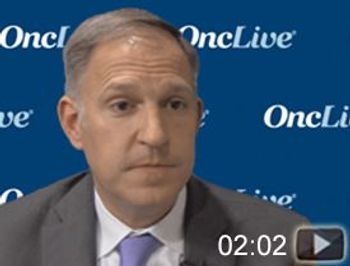
Peter Voorhees, MD, discusses the role of CAR T-cell therapy in multiple myeloma.
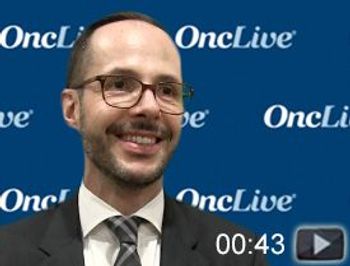
Diego Villa, MD, MPH, clinical associate professor, Division of Medical Oncology, Department of Medicine, The University of British Columbia, discusses the efficacy of induction therapy with bendamustine plus rituximab (Rituxan) in mantle cell lymphoma (MCL).

Toxicities like cytokine release syndrome, along with other factors, limit widespread use of CAR T-cell therapies, said Reona Sakemura, MD, PhD, postdoctoral researcher at the Mayo Clinic.
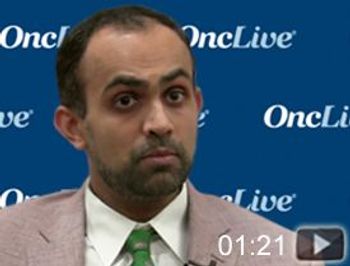
Ankit Kansagra, MD, discusses the expanding role of CAR T-cell therapy in lymphoma and multiple myeloma.
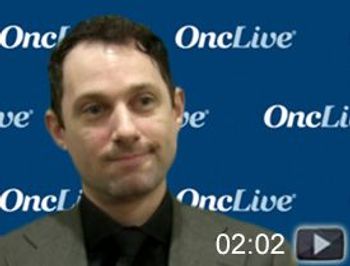
John N. Allan, MD, assistant attending physician at NewYork-Presbyterian Hospital and assistant professor of medicine, Weill Cornell Medical College, Cornell University, discusses the use of vecabrutinib (SNS-062) therapy in patients with B-cell malignancies.
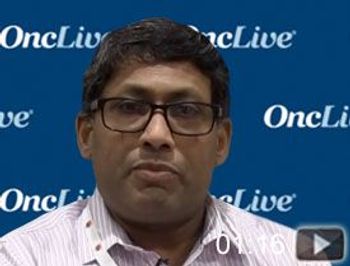
Parameswaran Hari, MD, MRCP, discusses the use of CAR T-cell therapy in patients with relapsed/refractory multiple myeloma.
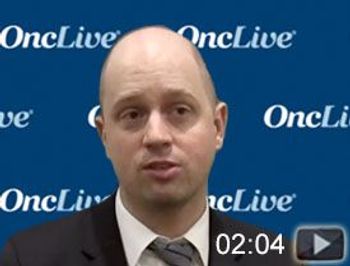
Andrew J. Cowan, MD, discusses efficacy and safety of BCMA CAR T-cell therapy in patients with relapsed/refractory multiple myeloma.